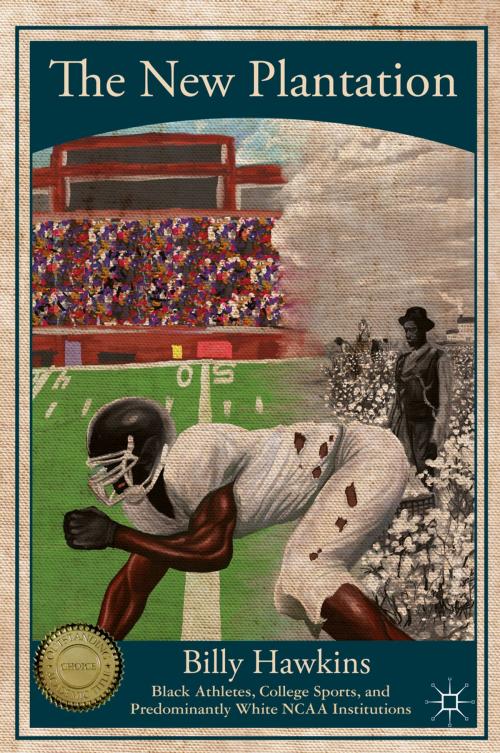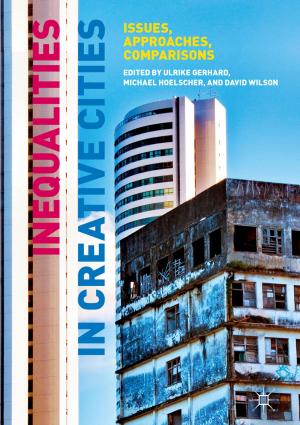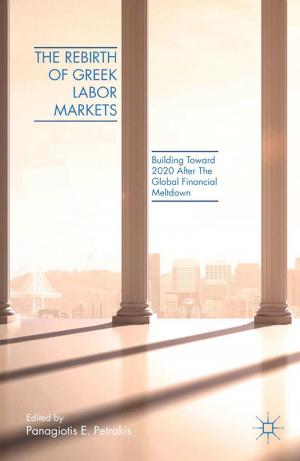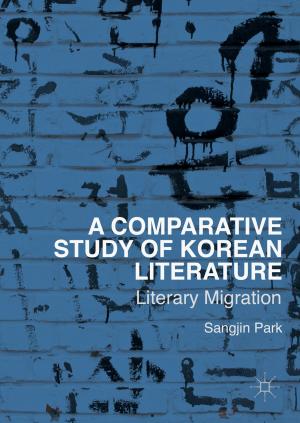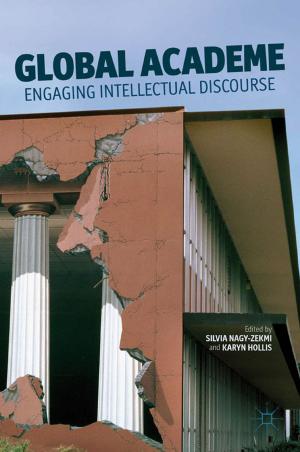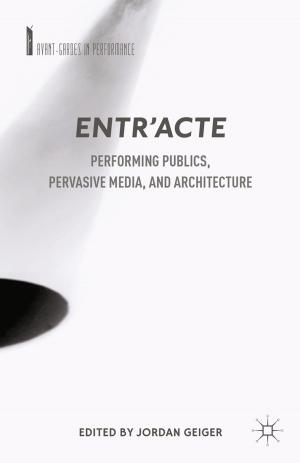The New Plantation
Black Athletes, College Sports, and Predominantly White NCAA Institutions
Nonfiction, Science & Nature, Science, Physics, Astronomy, Social & Cultural Studies, Social Science, Cultural Studies, Ethnic Studies, Reference & Language, Education & Teaching| Author: | B. Hawkins | ISBN: | 9780230105539 |
| Publisher: | Palgrave Macmillan US | Publication: | February 15, 2010 |
| Imprint: | Palgrave Macmillan | Language: | English |
| Author: | B. Hawkins |
| ISBN: | 9780230105539 |
| Publisher: | Palgrave Macmillan US |
| Publication: | February 15, 2010 |
| Imprint: | Palgrave Macmillan |
| Language: | English |
The New Plantation examines the controversial relationship between predominantly White NCAA Division I Institutions (PWI s) and black athletes, utilizing an internal colonial model. It provides a much-needed in-depth analysis to fully comprehend the magnitude of the forces at work that impact black athletes experiences at PWI s. Hawkins provides a conceptual framework for understanding the structural arrangements of PWI s and how they present challenges to Black athletes academic success; yet, challenges some have overcome and gone on to successful careers, while many have succumbed to these prevailing structural arrangements and have not benefited accordingly. The work is a call for academic reform, collective accountability from the communities that bear the burden of nurturing this athletic talent and the institutions that benefit from it, and collective consciousness to the Black male athletes that make of the largest percentage of athletes who generate the most revenue for the NCAA and its member institutions. Its hope is to promote a balanced exchange in the athletic services rendered and the educational services received.
The New Plantation examines the controversial relationship between predominantly White NCAA Division I Institutions (PWI s) and black athletes, utilizing an internal colonial model. It provides a much-needed in-depth analysis to fully comprehend the magnitude of the forces at work that impact black athletes experiences at PWI s. Hawkins provides a conceptual framework for understanding the structural arrangements of PWI s and how they present challenges to Black athletes academic success; yet, challenges some have overcome and gone on to successful careers, while many have succumbed to these prevailing structural arrangements and have not benefited accordingly. The work is a call for academic reform, collective accountability from the communities that bear the burden of nurturing this athletic talent and the institutions that benefit from it, and collective consciousness to the Black male athletes that make of the largest percentage of athletes who generate the most revenue for the NCAA and its member institutions. Its hope is to promote a balanced exchange in the athletic services rendered and the educational services received.
